Owning a car solely for weekend use can be an appealing option for those who prefer a stress-free commute during the week, using public transportation or a primary vehicle. However, having a second car dedicated to leisure activities comes with financial considerations that potential buyers should be aware of. From fixed costs to variable expenses, the total cost of ownership can quickly add up.
Fixed Costs of Ownership
Purchase Price and Depreciation
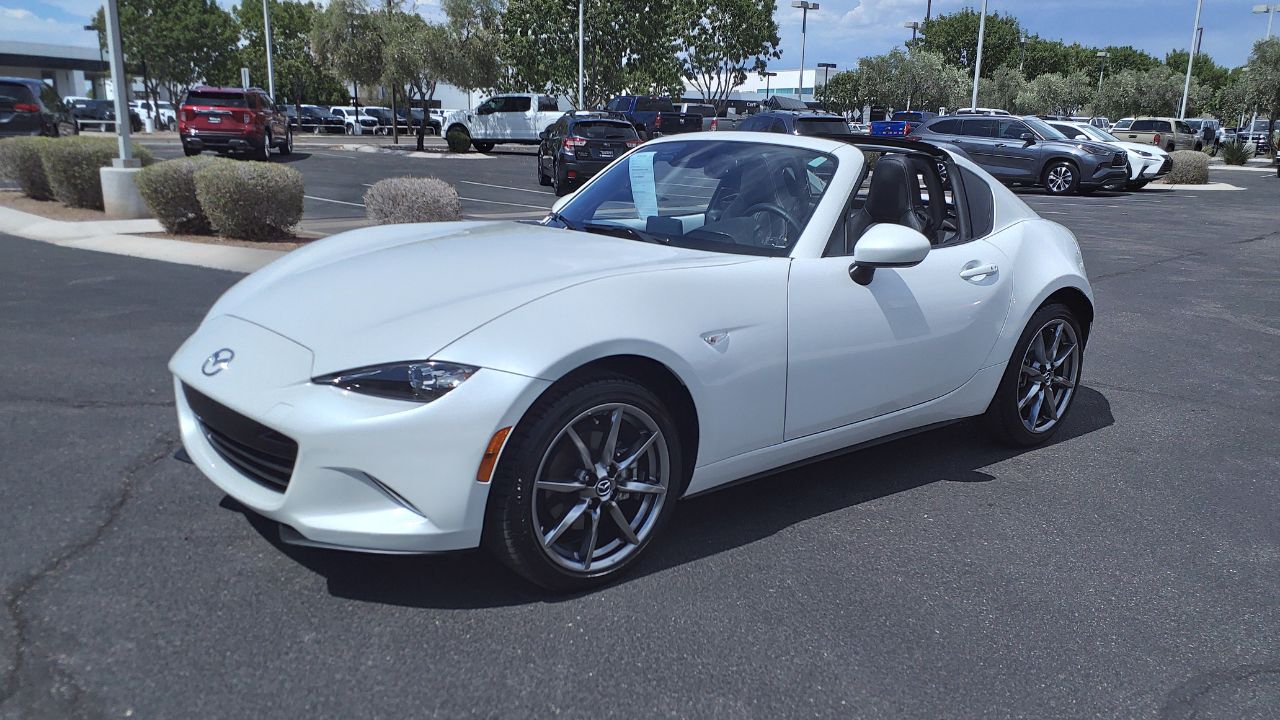
The initial investment in a weekend-only car can be substantial, depending on the make and model you choose. For instance, purchasing a 2023 Mazda MX-5 Miata might set you back around $28,000. While a new car offers the advantage of reliability and modern features, it also incurs immediate depreciation. On average, a new car loses about 20% of its value within the first year, and by the fifth year, it can depreciate by as much as 60%. This depreciation impacts your return on investment, especially if the car is not used frequently.
Insurance Premiums

Adding a second vehicle to your insurance plan can increase your premiums, although some insurers may offer multi-car discounts. For example, State Farm and GEICO are known for providing competitive rates for multi-vehicle policies. However, the specific cost will vary based on factors such as your location, the type of car, and your driving history. You might also need to consider additional liability coverage, especially if the car is a high-performance model that could pose greater risks.
Registration and Taxes

Every vehicle requires annual registration and, in many cases, property tax payments. These costs can vary significantly by state. For instance, in California, vehicle registration fees are based on the car’s value, which means higher costs for newer vehicles. Additionally, some states impose personal property taxes on vehicles, which can add hundreds of dollars annually to the cost of owning a weekend-only car.
Variable Costs and Maintenance
Fuel Consumption
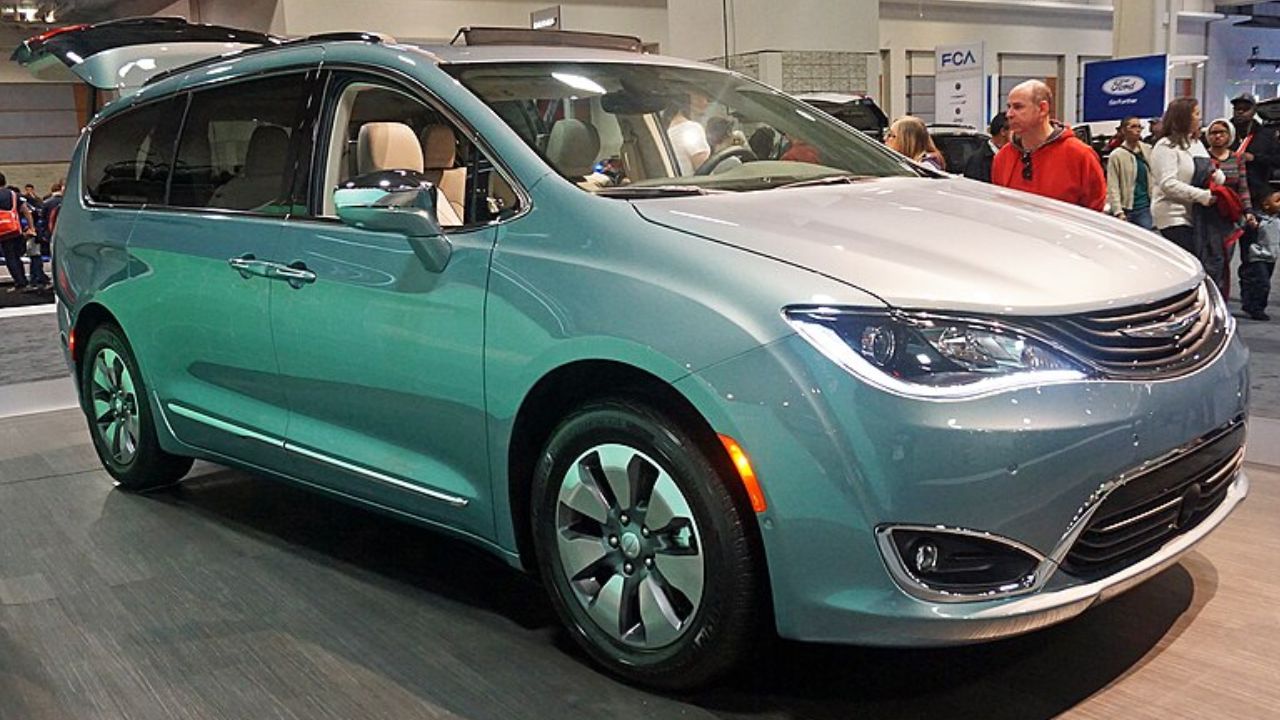
Owning a car that is only used sporadically can lead to inefficiencies in fuel consumption. While some vehicles, such as hybrids or electric models, are designed to optimize fuel use, traditional combustion engines may suffer from reduced efficiency when driven infrequently. This can lead to higher per-mile fuel costs. For instance, a vehicle like the Ford Mustang may offer excellent performance but could be less fuel-efficient if only taken out for occasional weekend drives.
Maintenance and Repairs

Regular maintenance is crucial, even for cars that are not driven daily. Infrequent use can lead to issues such as battery degradation, tire flat-spotting, and fluid degradation. Routine services like oil changes, battery checks, and tire rotations remain essential to keep the vehicle in optimal condition. Moreover, unexpected repair costs can arise, especially if the car sits idle for extended periods. Even a minor repair on a less commonly used vehicle could cost a few hundred dollars, undermining the perceived savings of infrequent use.
Storage and Parking Fees
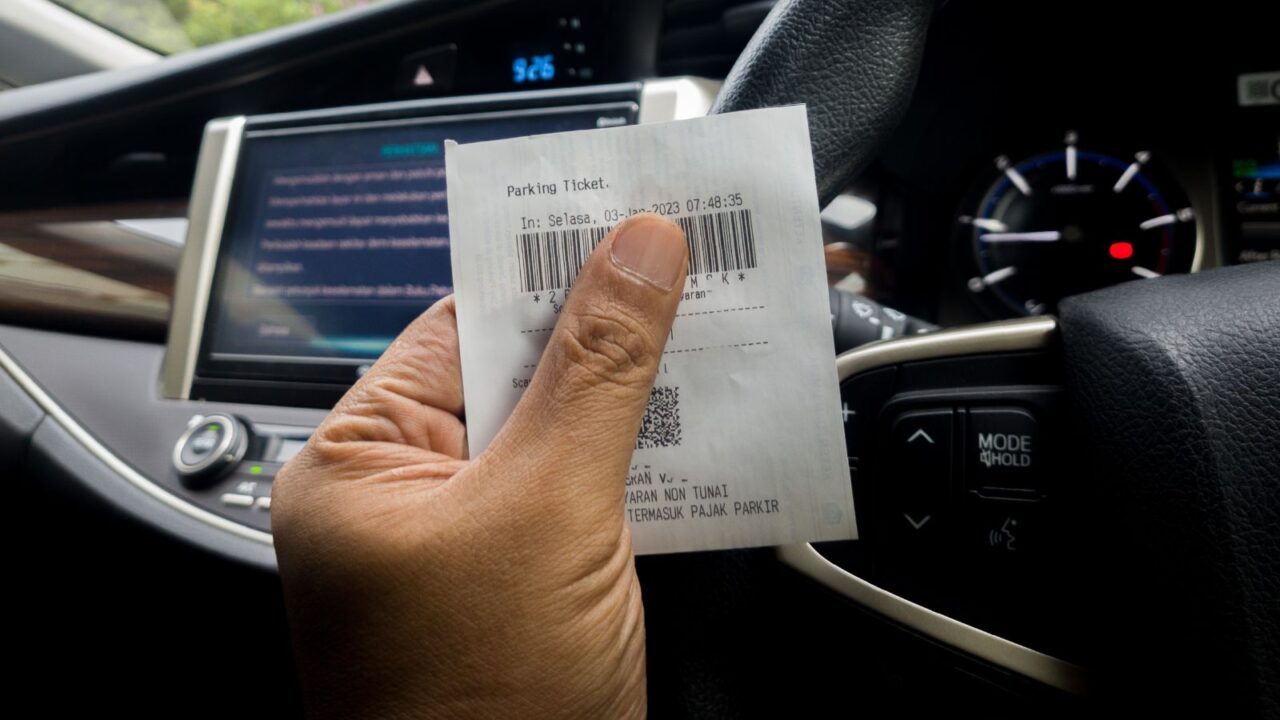
Finding a safe place to store your weekend car can also incur additional costs. Options range from using your home garage, if space permits, to renting a spot in a secure facility. Monthly storage fees can range from $50 to over $200, depending on the location and type of storage. Urban areas typically have higher fees, and opting for climate-controlled storage can further increase costs. Proper storage is essential to protect your investment from weather damage and potential theft.
Opportunity Costs
Financial Implications
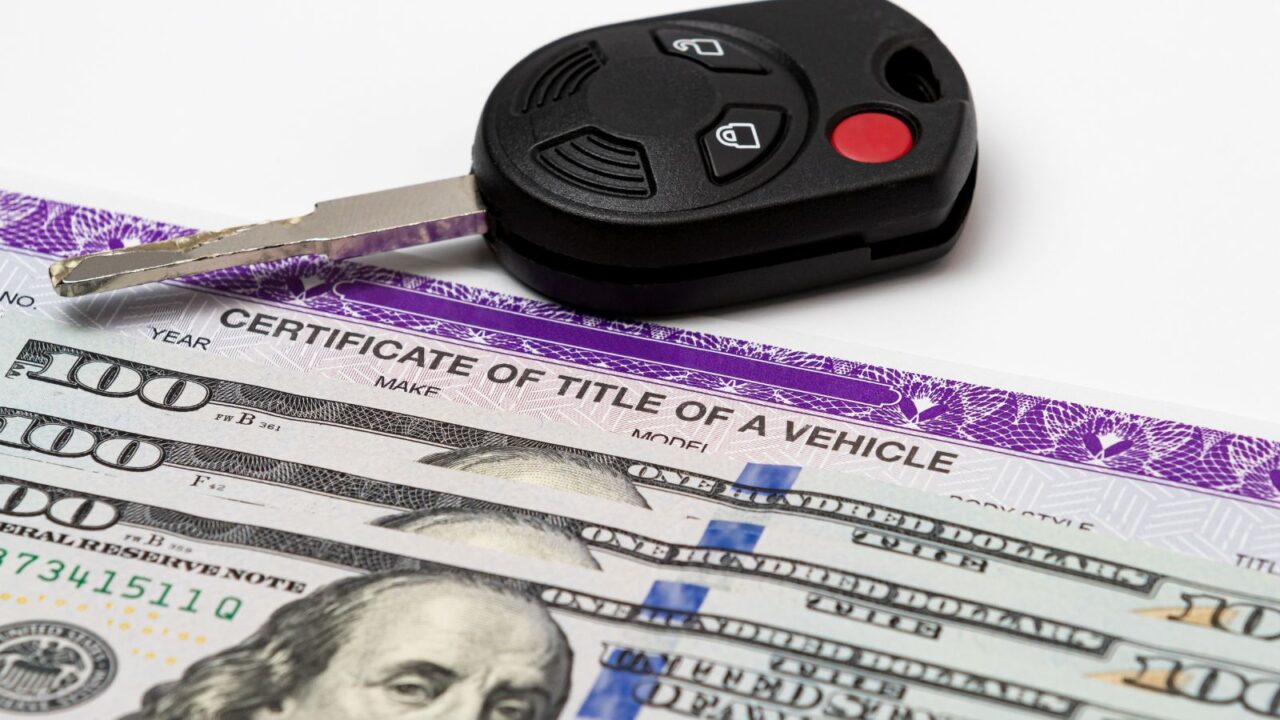
Investing in a second vehicle means allocating funds that could otherwise be invested elsewhere. The $28,000 spent on a weekend car could be used in various investment opportunities, such as stocks, bonds, or real estate, potentially offering a more substantial return. Additionally, the ongoing costs of insurance, maintenance, and storage could be redirected toward other financial goals, such as saving for retirement or funding a child’s education.
Time and Effort

Maintaining a second car requires time and effort that might be better spent on other leisure activities. From scheduling maintenance appointments to handling unexpected repairs, the responsibilities of car ownership can detract from the enjoyment of your weekends. Instead of spending time on car upkeep, you could explore other hobbies or activities that offer relaxation and enjoyment without the associated stress and costs.
Environmental and Lifestyle Considerations
Environmental Impact

Owning an additional vehicle contributes to your overall carbon footprint. Manufacturing and maintaining a car, regardless of how often it is used, requires resources and energy. Opting for alternatives like car-sharing or renting can significantly reduce your environmental impact. Services like Turo or Zipcar provide flexible options for occasional use, allowing you to enjoy the benefits of a car without the long-term ecological consequences.
Lifestyle Benefits and Drawbacks
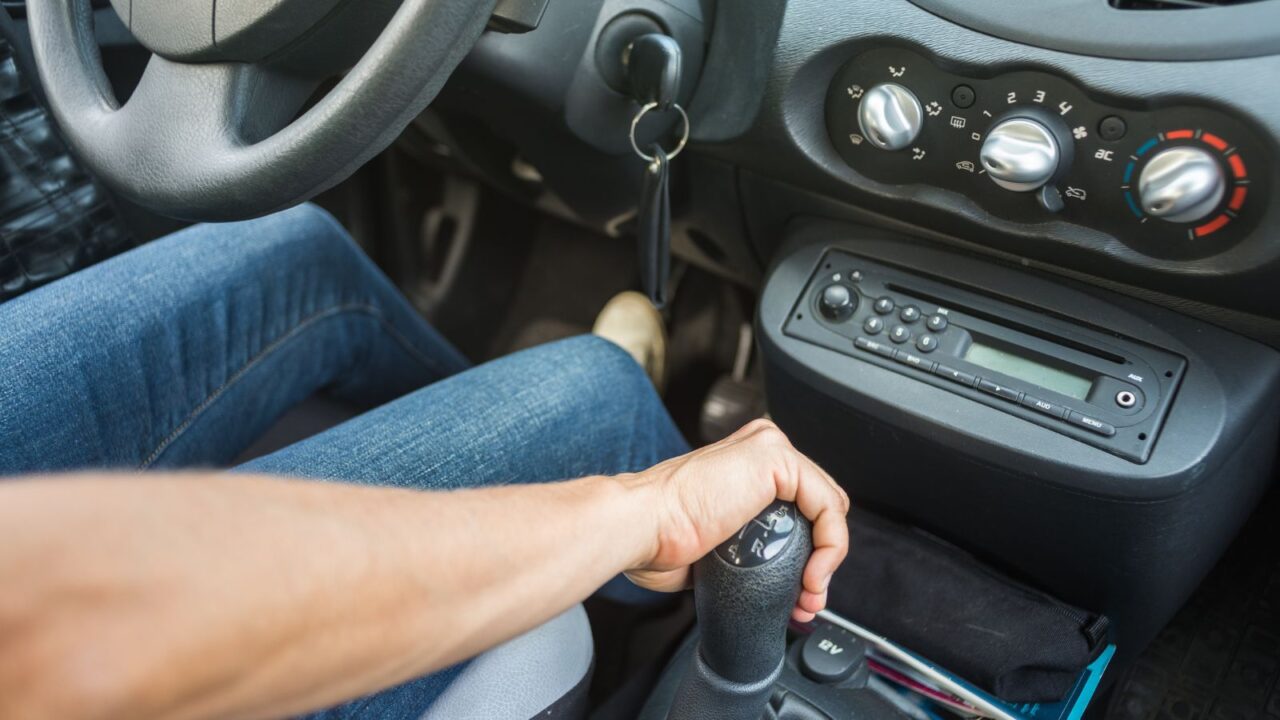
Having a dedicated weekend car can enhance your lifestyle by providing freedom and convenience for spontaneous trips and adventures. However, it’s crucial to weigh these benefits against the potential drawbacks. The financial and time commitments required might overshadow the enjoyment derived from occasional use. Moreover, the availability of rental and car-sharing options offers similar benefits without the long-term obligations and costs associated with ownership.
Alternative Solutions
Car-Sharing Services

Car-sharing services like Zipcar and Turo offer a cost-effective and environmentally friendly alternative to owning a weekend-only vehicle. These platforms provide access to a range of vehicles for short-term use, allowing you to choose a car that fits your specific needs for each outing. Car-sharing can eliminate the fixed costs of ownership, such as depreciation, insurance, and registration, while also offering the flexibility to switch vehicles based on the occasion.
Rental Options

Renting a car for weekend trips can be a practical solution, especially if you only need a vehicle occasionally. Companies like Enterprise and Hertz provide a wide selection of vehicles for rent, often with competitive rates for weekend use. While availability and pricing can vary, renting allows you to avoid the long-term financial commitments and maintenance responsibilities associated with ownership. Additionally, renting can provide access to newer models with the latest features, enhancing your driving experience.
Public Transportation and Ridesharing

Utilizing public transportation or ridesharing services like Uber and Lyft can offer significant savings and convenience for weekend outings. Public transit provides a cost-effective way to reach popular destinations without the hassle of driving and parking. Meanwhile, ridesharing services offer door-to-door convenience, often at a lower cost than owning and maintaining a vehicle. By choosing these alternatives, you can enjoy stress-free travel without the financial burden of a weekend-only car.
Like Fast Lane Only’s content? Be sure to follow us.
Here’s more from us:
*Created with AI assistance and editor review.





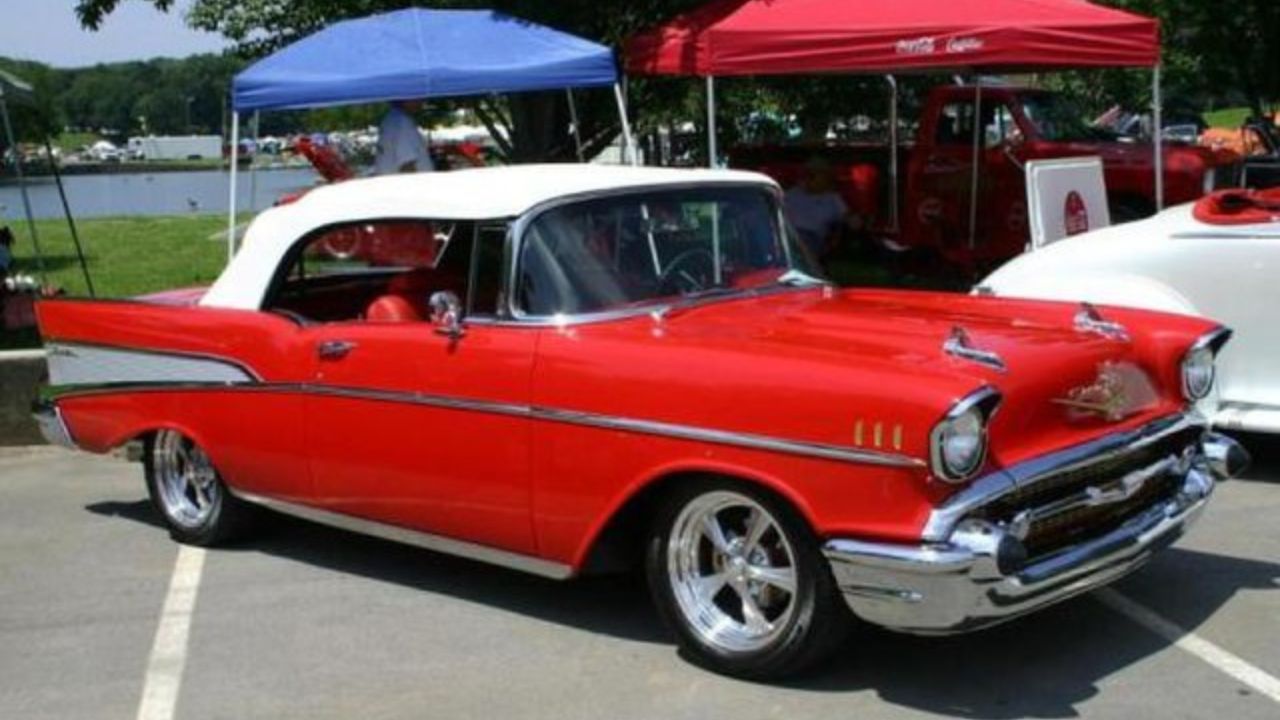
Leave a Reply